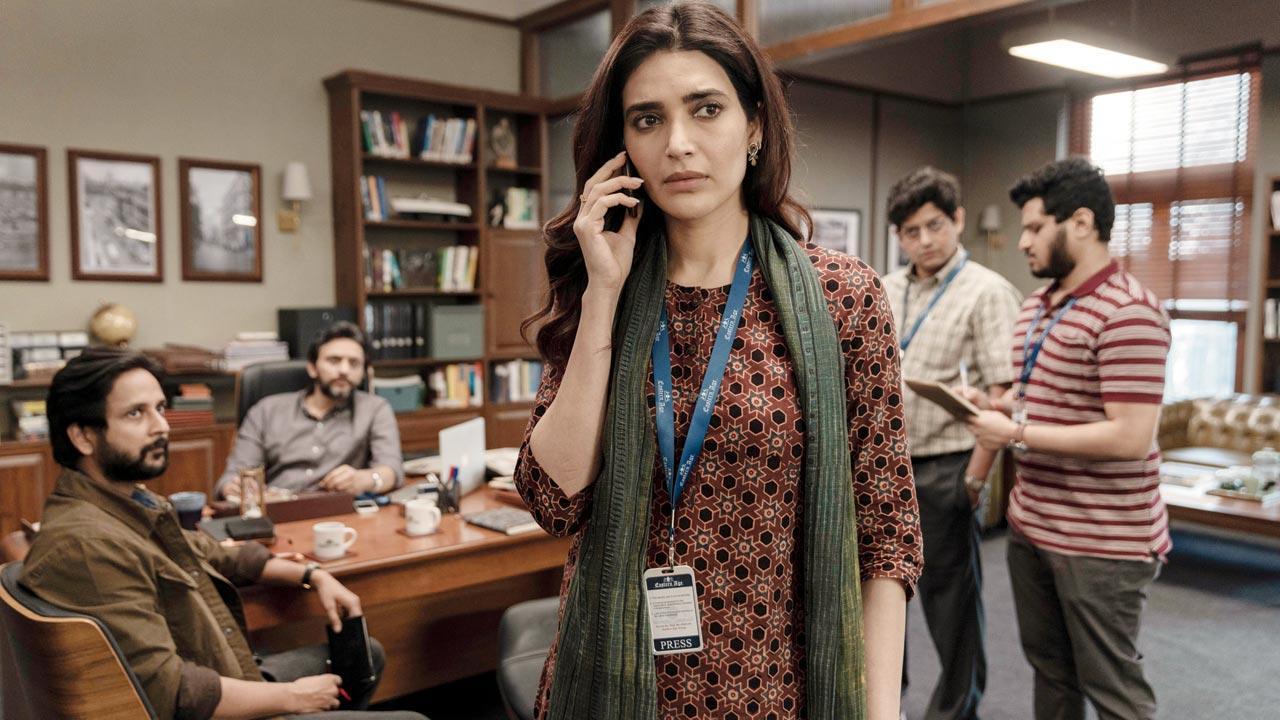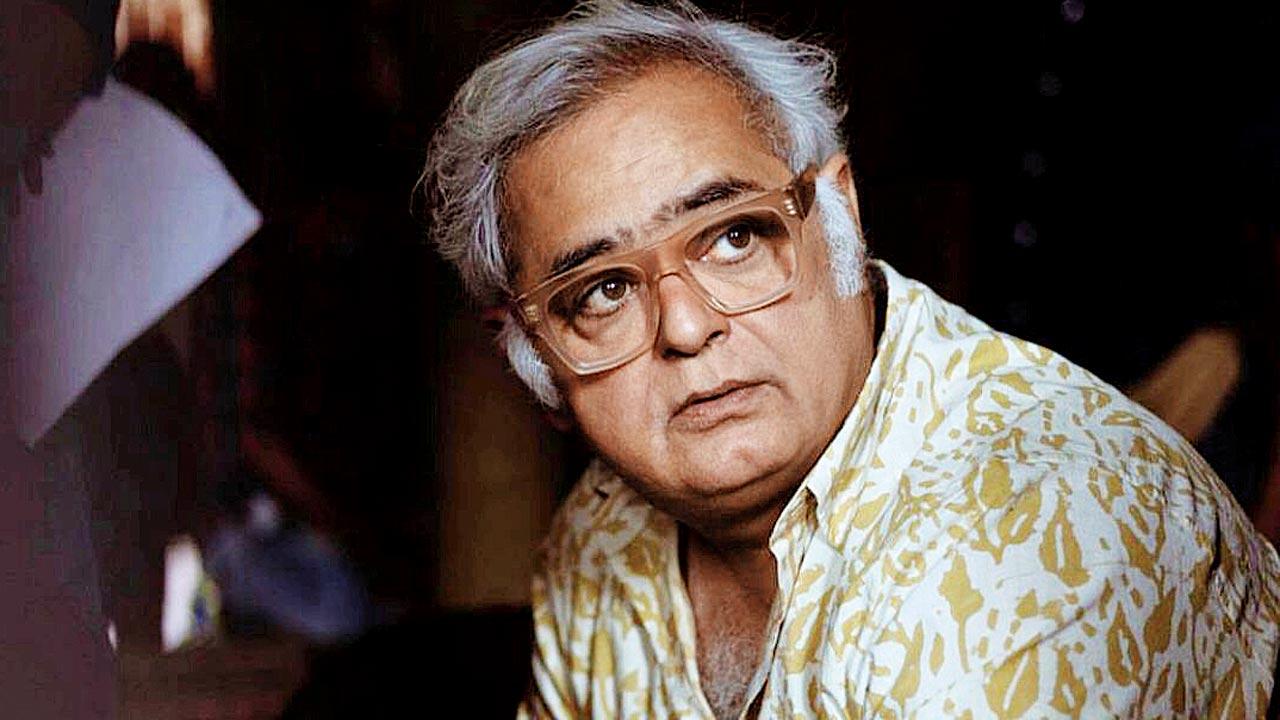Anyone who wants to report the truth is vulnerable-Hansal Mehta
8:02 AM
Posted by Fenil Seta

With Scoop telling the story of a crime journalist’s ambition and ordeal, creator Hansal says series explores role of media in influencing events
Letty Mariam Abraham (MID-DAY; May 26, 2023)
At the outset, Hansal Mehta tells us that he doesn’t view Scoop as a biography or a true story. Sure, the Netflix series has its roots in crime journalist Jigna Vora’s book, Behind Bars in Byculla: My Days in Prison. But to the filmmaker, Scoop is an “investigative family drama” that explores a middle-class woman’s ambition and the price she has to pay for it.
“It investigates the urban middle-class family and their aspirations. Nobody cares until you run into a vortex of [chaos], and then suddenly, the reporter becomes the reported. That was striking,” says Mehta.
At the centre of the series is Karishma Tanna as a feisty crime reporter, who is wrongly implicated and arrested for instigating the murder of a journalist, based on mid-day’s late crime and investigations editor J Dey. Through the central episode, Mehta depicts how the truth can be easily lost in the cacophony of mediatisation, a phenomenon that is more relevant than ever today.
“In 2011, we were on the cusp of the mediatized world that we are living in today. We saw [Scoop] as an opportunity [to reflect that]. It is inspired by Jigna Vora’s book, and the lives of many like her. The unfortunate part is that her story can be anybody’s story today. Anyone who wants to report the truth is vulnerable,” says the National Award-winning filmmaker.
An urgent story requires a powerful actor to front it, and intensive research that forms its bedrock. The first criterion was fulfilled by Tanna, who was chosen from 20 actors who auditioned for the role. The creator-director shares, “There was something striking about Karishma; it’s an instinct. She will command [your attention] for five to six hours of the storytelling.”
While he had a dedicated research team, his focus was to ensure that it didn’t bog down the storytelling. “The writers were empowered with a lot of research. We set up a team of writers — Mrunmayee Lagoo, Mirat Trivedi and dialogue writer Karan Vyas. Along with them was Deepu Sebastian doing research, and Ankur Pathak, who is from the tabloid world. [The writers] spoke to Jigna and others connected to the case. But my job was to explore the world and the characters. I should not throw away my storytelling, in trying to impress with the research. I met [Vora] eight days before we wrapped up the shoot.”

This entry was posted on October 4, 2009 at 12:14 pm, and is filed under
Ankur Pathak,
Bollywood News,
Deepu Sebastian,
Hansal Mehta,
Jigna Vora,
Karan Vyas,
Karishma Tanna,
Mirat Trivedi,
Mrunmayee Lagoo,
Scoop
. Follow any responses to this post through RSS. You can leave a response, or trackback from your own site.
Subscribe to:
Post Comments (Atom)
Post a Comment